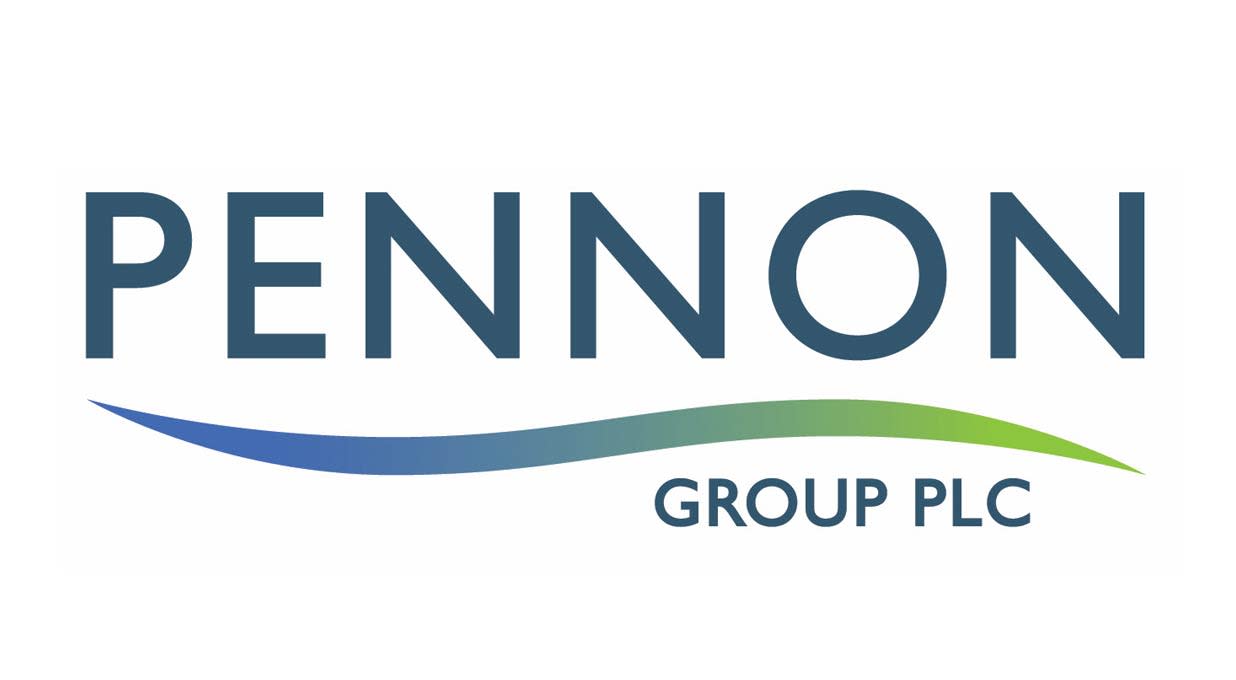Pennon’s underlying revenue rose 17.5% to £0.5bn over the first half, driven by a £77mn contribution from recently acquired SES Water. Excluding this contribution, revenue growth over the period was broadly flat as inflation-linked tariff increases were offset by lower customer demand.
Excluding SES, underlying operating profits fell 24.7% to £64.6mn, as efficiency savings were more than offset by the impact of inflation and elevated power costs.
Free cash outflows widened from £0.2bn to £0.3bn reflecting increased investment expenditure. Net debt increased from £3.8bn to £4.2bn
The revenue trends seen so far are expected to continue into the second half. As such full-year revenue is expected to be broadly flat excluding the impact of SES.
An interim dividend of 14.69p per share was announced, up 4.6%.
The shares rose 2.3% in early trading.
Our view
Pennon’s like-for-like revenue was flat over the first half, as inflation-linked tariff increases were offset by customers' more conservative water usage. But as long as Pennon keeps delivering its contracted level of service, it should be able to recover this shortfall in future periods.
The regulator gave the Sutton and East Surrey Water (SES Water) acquisition the final green light in June, helping expand the group’s footprint across Southern England by bringing more than 750,000 paying customers into the fold.
This helped to boost the top line, but as expected, SES delivered a loss in the period. There’s plenty of fat left to trim as SES is fully integrated into the business, which should provide some relief to profitability moving forward.
Back to the main story. In return for providing reliable water and wastewater services, the regulator allows Pennon to earn an acceptable financial return.
It's important to remember that Pennon's revenue and earnings power are linked to both inflation and its asset base, measured by Regulatory Capital Value (RCV). That provides Pennon with incentives to invest in its assets (which helps to deliver a good service to customers), as well as operate efficiently (which helps increase company earnings).
Pennon continues to invest in improving and expanding its infrastructure. While this has put some strain on cash flows in the near term, we’re impressed with the big-picture focus and expect it to be a net benefit in the long run. The acquisition of SES Water also helped boost RCV growth, which should provide a further lift to revenue in the years to come.
Another thing to bear in mind is the regulatory pressure that's been mounting against water utility companies. South West Water, which is owned by Pennon, has been on the receiving end of fines for discharging untreated sewage into rivers and lakes. Until these issues are firmly in the past, investor sentiment around water companies is likely to be muted, putting downward pressure on valuations.
Despite the challenges, we think Pennon looks well-placed to benefit if it can execute its long-term strategy. Regulatory pressure and some high-profile slip-ups mean it currently trades at a discount to its peer group, which we see as an opportunity. But it can take time for investor attitudes to change, and nothing is guaranteed.
Environmental, social and governance (ESG) risk
The utilities industry is high-risk in terms of ESG. Management of these risks tends to be strong, with European firms outperforming their overseas counterparts. Environmental risks like carbon emissions, resource use and non-carbon emissions and spills tend to be the most significant risks for this industry. Employee health and safety and community relations are also key risks to monitor.
According to Sustainalytics, Pennon’s management of ESG risk is strong.
It has a very strong health and safety programme, with zero fatalities among its employees and contractors over the last three years. However, Pennon has been fined for numerous unpermitted wastewater releases in recent years and has been heavily criticised by the regulator.
Pennon key facts
All ratios are sourced from Refinitiv, based on previous day’s closing values. Please remember yields are variable and not a reliable indicator of future income. Keep in mind key figures shouldn’t be looked at on their own – it’s important to understand the big picture.
This article is not advice or a recommendation to buy, sell or hold any investment.No view is given on the present or future value or price of any investment, and investors should form their own view on any proposed investment.This article has not been prepared in accordance with legal requirements designed to promote the independence of investment research and is considered a marketing communication.Non - independent research is not subject to FCA rules prohibiting dealing ahead of research, however HL has put controls in place(including dealing restrictions, physical and information barriers) to manage potential conflicts of interest presented by such dealing.Please see our full non - independent research disclosure for more information.


